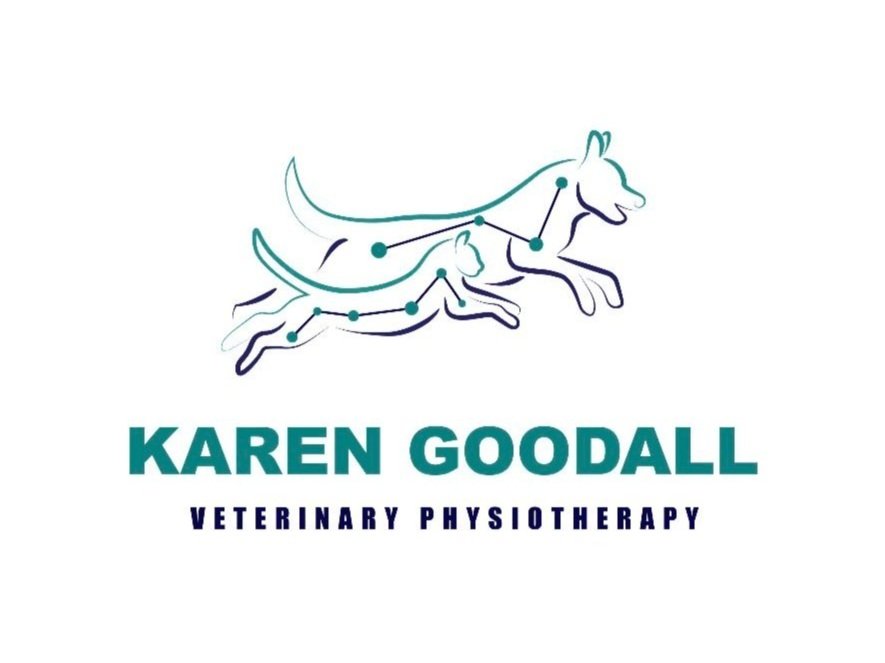Small Animal Physiotherapy
Veterinary physiotherapy is a specialised field that focuses on the rehabilitation and enhancement of the mobility and overall wellbeing of animals. By employing a range of techniques such as manual therapies, electrotherapies and exercise prescription, veterinary physiotherapists aim to alleviate pain, improve muscle function, and promote recovery from injuries or surgeries. This discipline not only benefits athletic animals but also older pets suffering from osteoarthritis or other musculoskeletal pathologies. Through a tailored approach, veterinary physiotherapy plays a crucial role in enhancing an animal's mobility with the aim of improving quality of life, aiding recovery, and supporting their physical health over time. We most commonly provide physiotherapy for dogs, cats and rabbits.
There are a wide range of orthopaedic and neurological conditions that can affect animals of all ages, from youngsters right through to our older companions, it is never too late to start making positive changes. Physiotherapy can be beneficial to:
Aid pain management & inflammation
Promote healing
Improve joint flexibility
Maintain and rebuild muscle mass
Improve balance and co-ordination
Increase proprioceptive awareness
Physiotherapy can be beneficial to medically managed as well as surgical cases and, in all cases, aims to enhance healing and compliment treatments or surgeries carried out by your vet. Some conditions which can benefit from physiotherapy include:
Orthopaedic Conditions
Hip dysplasia
Elbow dysplasia
Osteoarthritis
Cruciate ligament disease
Luxating patella
Femoral head and neck excision
Fractures
Amputations
Hip replacement
Neurological Conditions
Chronic degenerative radiculomyelopathy (CDRM)
Intervertebral disc disease (IVDD)
Fibrocartilaginous embolism (FCE)
Lumbosacral disease
Discospondylitis
Cervical Spondylomyelopathy (Wobblers)
Peripheral nerve injuries
Canine Polyneuropathy
Soft Tissue Conditions
Tendon ruptures/tears
Ligament injuries/tears
Wound healing
Muscular asymmetries



